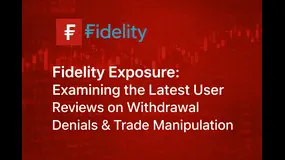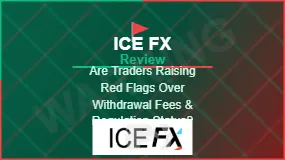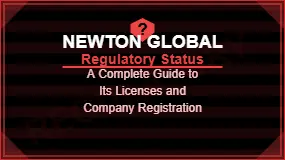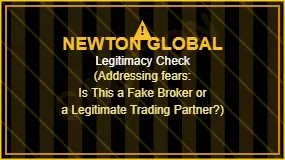Abstract:The worlds of social media and decentralized finance (DeFi) have converged under a new banner—SocialFi. Short for “Social Finance,” SocialFi leverages blockchain technology to reward user engagement, giving individuals direct control over their data and interactions. While SocialFi has primarily emerged in the context of content creation and crypto communities, its principles could soon revolutionize the forex market by reshaping how traders share insights and monetize social influence.
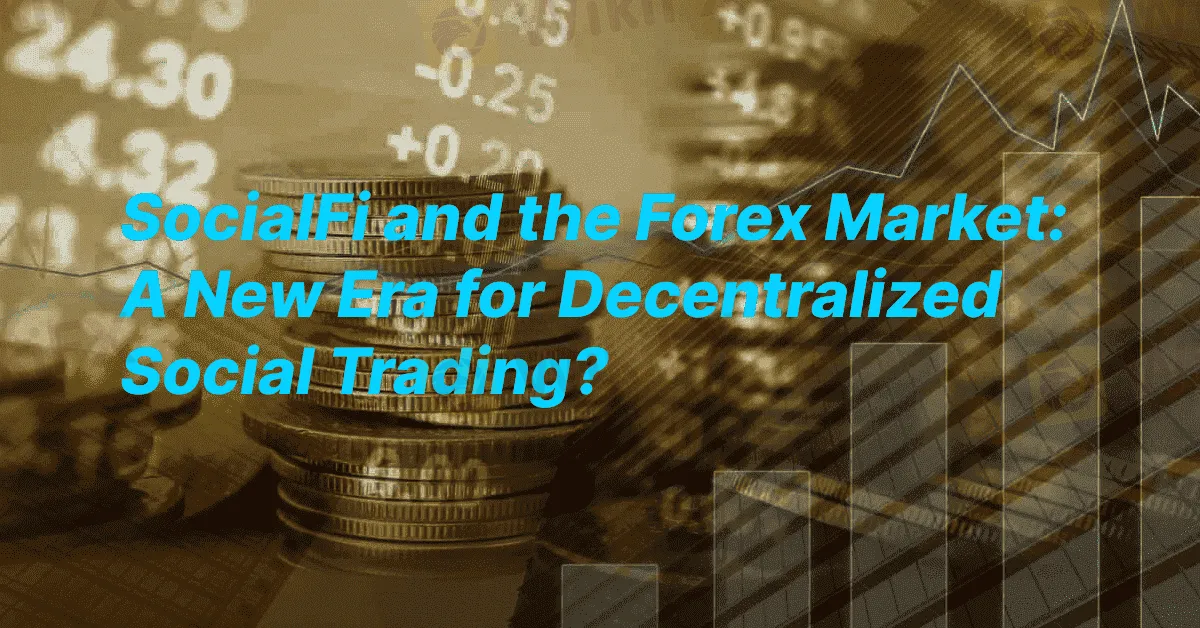
The worlds of social media and decentralized finance (DeFi) have converged under a new banner—SocialFi. Short for “Social Finance,” SocialFi leverages blockchain technology to reward user engagement, giving individuals direct control over their data and interactions. While SocialFi has primarily emerged in the context of content creation and crypto communities, its principles could soon revolutionize the forex market by reshaping how traders share insights and monetize social influence.
Understanding SocialFi
SocialFi represents the fusion of social media dynamics with the financial tools of DeFi. Unlike traditional social platforms where centralized entities control data and monetization, SocialFi is built on decentralized networks. Here, users have the ability to tokenize their social interactions, earn rewards through engagement, and participate in governance via decentralized autonomous organizations (DAOs).
Key Features of SocialFi
- Tokenized Social Capital: Users can convert likes, shares, or comments into digital tokens that reflect their influence and engagement. These tokens not only have value within the platform but can often be traded or used to access premium content.
- Decentralized Data Ownership: By storing data on a blockchain, SocialFi platforms ensure that users retain ownership of their personal information and content. This model minimizes the risks associated with centralized data breaches.
- Community Governance: Many SocialFi projects incorporate DAOs, enabling users to vote on platform decisions. This collective decision-making process enhances transparency and reduces the risk of unilateral censorship.
- Direct Monetization: Without traditional middlemen, creators and active users can receive direct compensation for their contributions, aligning incentives more fairly across the platform.
SocialFi Meets Forex: The Promise of Decentralized Social Trading
The forex market is already one of the largest and most liquid financial markets globally. In recent years, social trading platforms like eToro and ZuluTrade have allowed forex traders to follow expert signals and mirror trades. SocialFi could take this concept a step further by creating decentralized communities where traders are rewarded with tokens for sharing insights, analysis, and signals.
Enhancing Transparency and Trust
Decentralized systems are inherently transparent—every transaction is recorded on a blockchain. For forex traders, this means that trading signals, strategy performance, and community interactions can be audited openly. Enhanced transparency could help reduce fraud and manipulation, which have long been concerns in traditional forex social trading networks.
Empowering Forex Communities
SocialFi offers a model where the collective intelligence of a community is directly monetized. For instance, experienced traders could issue “signal tokens” as a reward for sharing profitable insights. These tokens might appreciate as more community members rely on their guidance. This approach not only incentivizes high-quality content but also democratizes access to market intelligence. Traders of all sizes could participate in a community-governed ecosystem where successful strategies are rewarded, and less successful ones are quickly identified through open voting mechanisms.
New Revenue Models for Forex Brokers and Traders
Traditional forex brokers rely on spreads and commissions for revenue. With a SocialFi twist, brokers could integrate token-based rewards and incentives into their platforms. Imagine a system where traders receive bonus tokens for reaching certain performance benchmarks or for contributing valuable market research. These tokens could be redeemed for lower fees, exclusive research reports, or even fiat payouts—creating a new revenue stream and enhancing customer loyalty.
Potential Benefits for the Forex Market
Integrating SocialFi principles into the forex market could bring several transformative benefits:
- Decentralized Signal Sharing: By using blockchain to record and verify trading signals, traders can trust that the shared data has not been manipulated. This could lead to more reliable copy-trading services.
- Incentivized Engagement: Traders might be motivated to share their analysis and insights if they can earn tokens in return. This could lead to a richer pool of market intelligence available to the entire community.
- Lower Barriers to Entry: SocialFi platforms often support microtransactions, which means that even traders with smaller capital can participate in and benefit from social trading networks.
- Increased Transparency: With all interactions and transactions recorded on-chain, disputes over signal quality or profit distribution could be resolved more objectively.
Challenges and Considerations
While the potential is immense, integrating SocialFi into the forex market also poses challenges:
- Scalability: The forex market operates at high frequencies and volumes. Blockchain systems must scale effectively to handle the rapid pace of forex transactions without compromising speed or increasing fees.
- Regulatory Compliance: Forex is a heavily regulated market. The decentralized and pseudonymous nature of many SocialFi platforms may conflict with existing regulatory frameworks designed to prevent money laundering and protect investors.
- Security Risks: Despite blockchains inherent security features, any platform that handles both financial transactions and social interactions can become a target for sophisticated cyberattacks.
- User Adoption: Transitioning traditional forex traders to a decentralized, token-based model requires overcoming significant learning curves and resistance to change.
Looking Ahead: SocialFis Future in Forex Trading
As decentralized technologies continue to evolve, the fusion of SocialFi with the forex market could herald a new era of social trading. Traders might soon enjoy a more collaborative and transparent trading environment where the power to share and monetize expertise is distributed among the community. Forex brokers could differentiate themselves by offering innovative, token-driven incentives that reward both performance and engagement.
If successful, this integration could lead to:
- A more resilient trading ecosystem: Decentralized governance and transparent data might reduce systemic risks.
- Empowered retail traders: Enhanced access to high-quality trading signals could level the playing field between institutional and retail traders.
- Innovative financial products: The tokenization of social interactions may pave the way for entirely new financial instruments tied to market sentiment and community performance.
Conclusion
SocialFi is rapidly emerging as a transformative concept in the world of digital interactions—blending the best of social media with decentralized finance. Its core principles of tokenized social capital, decentralized ownership, and community governance have the potential to revolutionize various sectors. For the forex market, integrating SocialFi could mean enhanced transparency, new revenue models, and a more democratized flow of trading information. However, significant challenges related to scalability, regulatory compliance, and security must be addressed for its full potential to be realized.
As the forex market continues to evolve and embrace digital innovation, SocialFi might just provide the missing link that propels social trading into a new, decentralized future.





